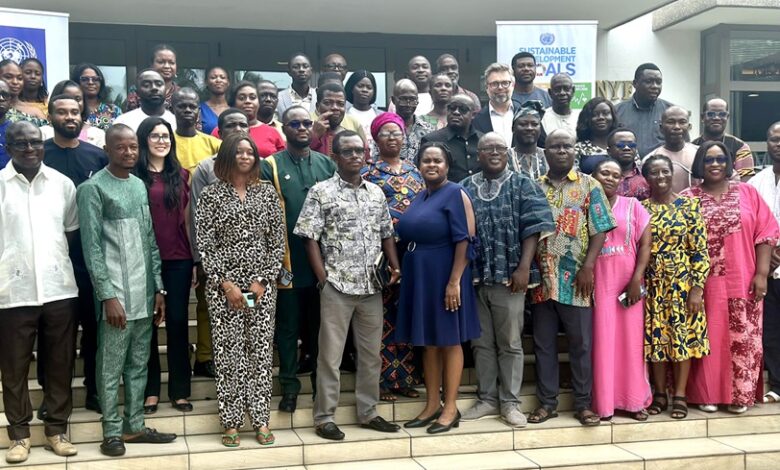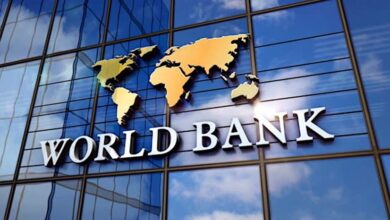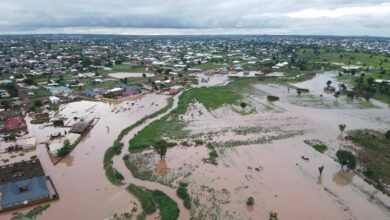New initiative to drive sustainable cocoa production in Ghana

Ghana has launched a new initiative to promote sustainable production of cocoa, in collaboration with the United Nations Development Programme (UNDP), the Forestry Commission, and the Ghana Cocoa Board (COCOBOD), with funding from the Swiss State Secretariat for Economic Affairs (SECO).
The collaboration marks Ghana’s entry into the third phase of the Green Commodities Programme (III), building on the progress made since 2010 towards sustainable agricultural production. This joint effort aims to drive meaningful change and promote environmentally friendly practices in Ghana’s agricultural sector.
The initiative, titled Effective Collaborative Action for Sustainable Commodity Production and Trade, aims to foster Hotspot Intervention Area (HIA) Governance Board relations between the six HIAs and strengthen the stakeholder effectiveness and efficiency to combat deforestation and forest degradation, improve farm resilience, increase cocoa farmers’ revenues, and reduce poverty.
This project will form part of the Ghana Cocoa Forest REDD+ Programme (GCFRP) Hotspot Intervention Area (HIA) structure, promoting dialogue and collaborative action among cocoa sector stakeholders through a multi-stakeholder platform.
The Green Commodities Programme, a collaboration between SECO and UNDP, began in 2015 and originally focused on Peru (cocoa and coffee) and Indonesia (palm oil). This third phase also includes Brazil (soy and cattle), Ghana (cocoa), and Malaysia (palm oil). In Ghana, GCP III focuses on Ghana’s cocoa production landscape, a vital sector for the country’s economy and environmental sustainability.
Commenting alongside the national inception workshop, Ayirebi Frimpong, Forest Specialist at UNDP Ghana said: “We are excited to join this global initiative, working with UNDP, SECO and key players in the cocoa sector in the country to strengthen sub-national coordinating mechanisms, paving the way for a new vision of sustainable cocoa production in Ghana’’.
Responding to the 2021 Glasgow World Leaders Declaration on Forests and Land Use, aiming to end deforestation by 2030, GCP Phase III incorporates multi-stakeholder collaboration to enhance the national, social, and environmental performance of agricultural commodity sectors. This strategic partnership is expected to promote sustainable agriculture practices, support smallholder farmers, and help Ghana achieve its 2030 Agenda climate goals while maintaining its position as a leading cocoa producer.
Melissa Salazar, Programme Specialist, UNDP Food and Agricultural Commodity Systems emphasized the urgent need to address the pressing agricultural growth challenges:”We can’t solve development problems without addressing agricultural growth in Ghana. Together, let’s tackle supply chain issues, advocate for policies and practices that will guarantee a sustainable path for the future” she stated during the national inception workshop.
This initiative marks a crucial step forward in Ghana’s commitment to sustainable cocoa production. By leveraging the Green Commodities Programme, Ghana aims to foster a collaborative environment that supports smallholder farmers and enhances agricultural practices. The outcomes of this partnership are anticipated to contribute significantly to the Ghana’s economic and environmental goals, serving as a model for sustainable agriculture worldwide.




